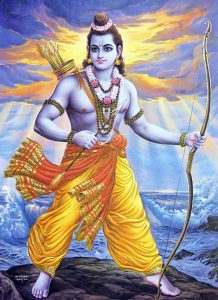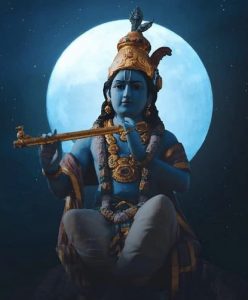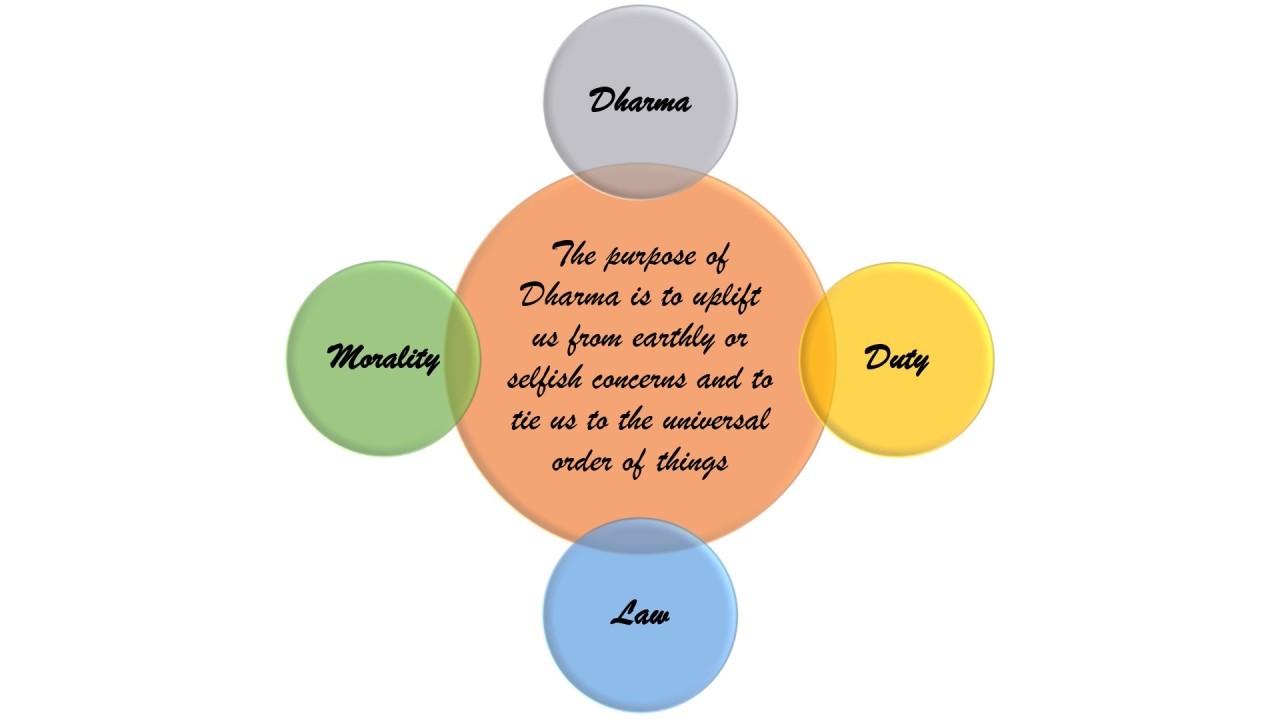Did Krishna always adhere to the principles of Dharma? or did he tweak them to suit his ultimate goal of establishing the rule of Dharma over Adharma? But then what does Dharma means to Krishna? In the last article, we tried to understand what the Dharma meant during the times of Krishna. It was generally taken as the way of behaving and code of conduct. But Krishna never talks about Dharma but always insists on Dharmashastra (धर्मशास्त्र) and which is Duty. Even in Gita, he keeps harping on Dharmashastra. Now, the duties for different people (king, father, mother, common person) can not be the same. It will also differ at different times.

Let us look at the times of Ram and Krishna...


Two historical events have taken place in England.
Second Story:
But in such dilemmatic situations, one who is noble-hearted and wishes to serve humanity does not harbor thoughts such as ‘what stories would people spread or told about me’ and instead think about what is good for the welfare of the society and take a stand for the betterment of humanity.
In the Aadiparva Chapter 122, Shwetketu has laid down rules for marriage. "The woman who commits adultery with men other than her husband will incur the sin of foeticide.” He has laid down this restriction, but at the same time, he also made the rule that "The man who has illicit relations with women other than his wife will also be incurring the same sin.” But the irony is that the Hindu community has completely or conveniently forgotten this second rule. Men behave as if they do not know that man is equally culpable for adultery as the woman is.
The custom of niyog (a custom in which a woman was allowed to bear a child from any man other than her husband) existed in ancient times, but it ceased due to the high notions of women's chastity.
A Hindu man considers himself as if he is the incarnation of Lord Ram. No matter how promiscuous or ill-behaved he is, he does not accept with honor a woman who has been defiled by rape, even if she is his mother or wife or sister or daughter. He considers it as a matter of piety and holiness to callously forsake such a woman. Dharmashastra, the Hindu Code of Religious Conduct, has laid down clear rules that women who have gone through such a disaster should be considered as pure during consequent menstruation or after childbirth if it, unfortunately, results in pregnancy. But alas, it is society’s misfortune that no one takes it seriously.
After the death of Pandu, Kunti begins her endless saga of hardships. The rest of her life is about duty, sacrifice, and responsibility. But there is no drama. No self-pity. Her sacrifices are not grand. She did not make herself the center of her children. Many parents succumb to this insecurity. The greatest gift a mother can give to her children is not making herself the center of their life.
Whom should one pity? Whom should one detest? The existence of multiple wives due to polygamy was the fate of women of those times. There was the miserable struggle for gaining seniority among the many wives of the man. The competition for superiority between Kaushalya and Kaikeyi (wives of King Dashrath), Draupadi, and Subhadra (wives of Arjun), and several queens of Chhatrapati Shivaji Maharaj and their offspring (many centuries thereafter) are glaring examples! Their place in society depended on their husbands and sons. Therefore, they vied to be either the first wife or the most favorite wife of the husband and claim their sons' wealth and throne. Such was the fate of women! No feeling of camaraderie for each other is seen anywhere in this.
We, the human beings of this age, brag about respecting women. But while introspecting in solitude, every man should ask his own mind and assess whether these principles are proclaimed for any and every woman? Isn’t it true that nowadays, normally every man and woman, with a few exceptions, look at each other with attraction or lust-filled in their eyes?

